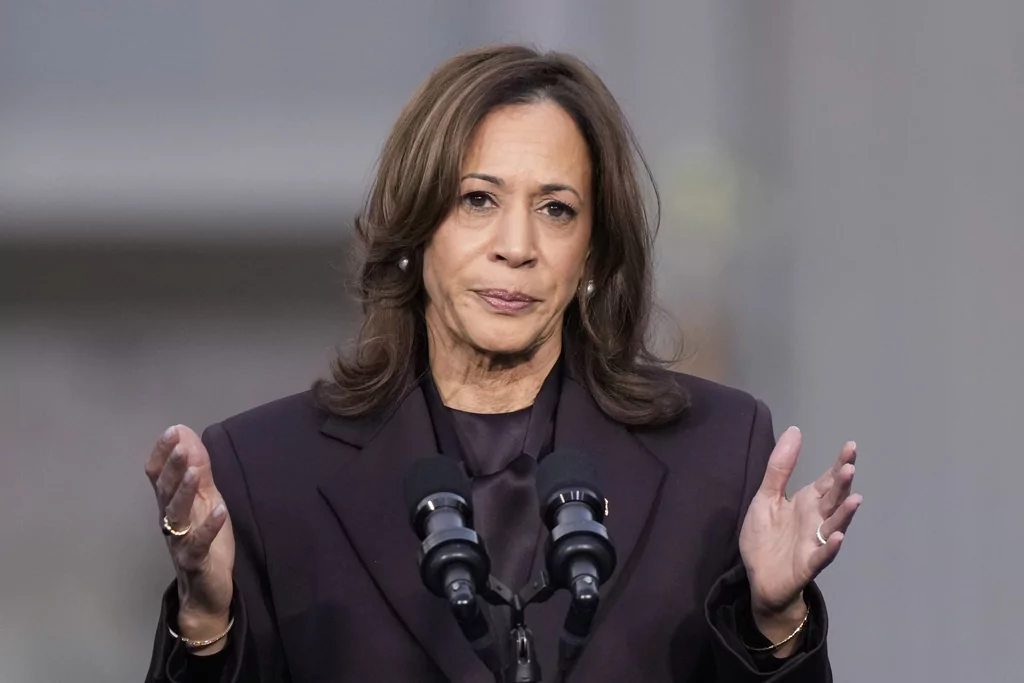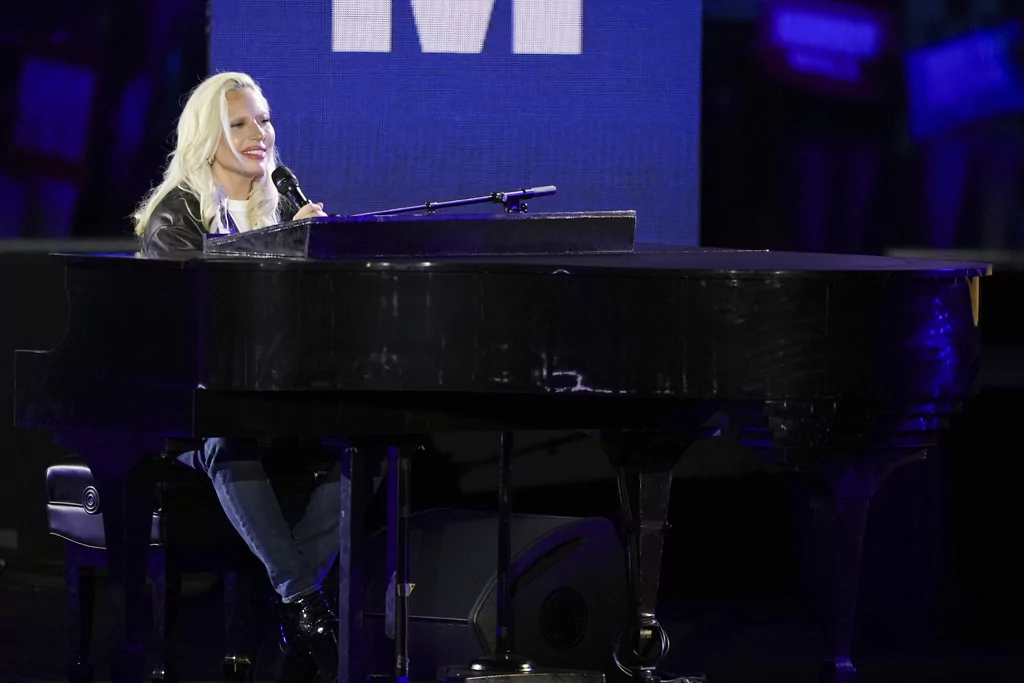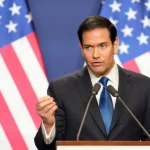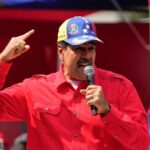
In October, weeks before the 2024 election, the word was out: Vice President Kamala Harris had fundraised north of $1 billion. The haul, the New York Times reported upon breaking the news, was historic because of the short period of time, just three months, that it flooded in.
It was ultimately no use. On Tuesday, Donald Trump made history and became only the second former president to win a nonconsecutive term. After surviving two assassination attempts on the campaign trail, Trump dominated Harris in battleground states to emerge as the president-elect. And he did so with far less cash.
The story of how Harris pocketed record sums while failing to gain support from voters will be studied by campaigns for decades to come. Democrats who successfully pressured octogenarian President Joe Biden to pass the torch to the former California senator are now conducting an internal autopsy of the 2024 race, in which Trump raised and spent hundreds of millions of dollars less than Harris.
“A billion dollars paled in comparison to the increased prices Americans were seeing across the country,” Tom Fitton, president of the conservative group Judicial Watch and a longtime Trump ally, told the Washington Examiner. “Voters weren’t fooled.”

The Harris campaign and its affiliated committees dropped more than $654 million on advertising from July 22 to Election Day, whereas Trump spent $378 million, or 57% less, in the same category, according to data from AdImpact.
Future Forward, the $500 million “ad-testing factory” and super PAC that supported Harris, was a reliable clearinghouse for checks from wealthy Democrats such as Reid Hoffman, George Soros, Michael Bloomberg, and Dustin Moskovitz. And anonymous donations, or so-called “dark money,” also benefited Harris at a faster and more substantial clip than Trump thanks to lax federal laws that progressives often criticize but, nonetheless, exploited in 2024.
The Harris campaign declined to comment on its finances. A fuller portrait will be public after the election, as the Federal Election Commission mandates post-general election reports for candidates within 30 days.
In mid-October, the Harris campaign disclosed that it had spent over $880 million this election, almost $526 million greater than the roughly $354 million that the Trump campaign had disclosed spending, according to a Washington Examiner analysis of federal filings. Much of the Harris campaign’s spending was allocated for digital media advertising, polling, and travel from state to state, including to a private jet company called Advanced Aviation.
Payroll and the taxes that accompanied it accounted for $56.6 million of the Harris campaign’s spending. In comparison, the Trump campaign reported spending $9 million on payroll — employing hundreds fewer staff members.
There was also the army of political, digital, and media consultants who were paid over $12.8 million by the Harris campaign, filings show.
One vendor, Village Marketing Agency, received over $3.9 million and reportedly worked to recruit thousands of social media influencers to boost Harris online. Others that scored lucrative consulting gigs from the campaign included the likes of Precision Strategies, a Democratic-aligned marketing agency; Ethos Organizing, founded by former Ohio Democratic Party director Malik Hubbard; and the Biden-allied SKDK communications firm.
Harris’s payments to the consultant class will likely come under the microscope in the months ahead, as Democrats look to diagnose who is responsible for why the party lost this election so handily. Speaking on MSNBC after Harris’s Wednesday concession speech, former Democratic Sen. Claire McCaskill said Harris “was listening too much to consultants,” which McCaskill argued detracted from her ability to “exude who she was” to voters.
“There was a segment of the electorate that was very consistently saying, ‘I’m not familiar with Kamala Harris,’ and, because of that, ‘I’m not comfortable enough to decide to vote for her,’ whereas Trump is incredibly well-defined,” said Jake Dilemani, a Democratic political strategist based in New York City. “It was easier for him to spend less and still win.”
“It’s the advantage of being such a well-defined person,” Dilemani told the Washington Examiner.
“Event production” was also a staple spending area of the Harris campaign, which notably hosted a star-studded lineup of musicians from Lady Gaga to Katy Perry for an election eve rally.

The campaign paid more than $15 million, according to federal filings, to companies for such services.
There was $1 million for Oprah Winfrey’s Harpo Productions on Oct. 15 in West Hollywood, California.
Winfrey, a top Harris ally, appeared at a town hall with the vice president in September and was at her final rally in Philadelphia before Election Day.
Viva Creative, a marketing agency that has touted its work with Oprah, comedian Trevor Noah, the Washington Nationals baseball team, and American Express, scooped up $1.8 million from the Harris campaign for event production from September to October. A company called Production Management One in Maryland received $1.7 million, with large payments also going to Vox Productions, Temple University, Wizard Studios North, the Park Hyatt Chicago, and other entities for event production, filings show.
Then there was Majic Productions, a Wisconsin-based company, which has worked the NBA playoffs, the Super Bowl, and at the Bellagio Hotel & Casino in Las Vegas. The Harris campaign paid that company $2.3 million.
A source familiar with the matter told the Washington Examiner that the Harris campaign spent six figures on building a set for Harris’s appearance on the popular Call Her Daddy podcast with host Alex Cooper. The interview came out in October and was reportedly filmed in a hotel room in Washington, D.C.
The Washington Examiner reached out to the Harris campaign on the podcast-related matter but did not hear back in time for publication.
“Money can’t buy you love or a good candidate,” one Trump campaign adviser said. To Republican political strategist Brad Todd, the story behind why Harris lost is not a lesson on money purportedly being irrelevant in elections.
CLICK HERE TO READ MORE FROM THE WASHINGTON EXAMINER
Rather, in Todd’s telling, Harris’s message was off: She was unwilling to meet swing state voters where they were on issues such as immigration and the economy.
“Advertising is a pretty important source of information for swing voters,” Todd said. “It no doubt matters, but it’s not enough. It doesn’t matter if you have the wrong message and it’s not delivered in a compelling way. What her campaign was missing was any effort to break with the unpopular administration she has been a part of.”




